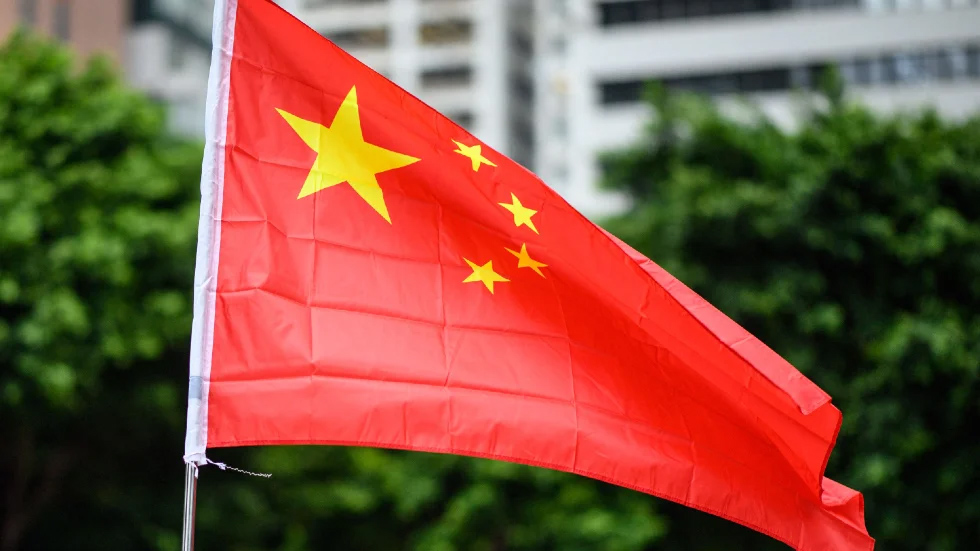BEIJING, Mar 20: The US’ Indo-Pacific strategy is as “dangerous” as NATO’s eastward expansion in Europe resulting in Russia’s military offensive against Ukraine, a senior Chinese diplomat has said.
“With the disintegration of the Soviet Union, NATO (North Atlantic Treaty Organisation) should have been consigned to history alongside the Warsaw Pact,” China’s Vice Foreign Minister Le Yucheng said while addressing the International Forum on Security and Strategy hosted by the Centre for International Security and Strategy of Tsinghua University on Saturday.
“However, rather than breaking up, NATO has kept strengthening and expanding. One could well anticipate the consequences going down this path. The crisis in Ukraine is a stern warning,” he said.
Chinese officials say NATO’s plans to admit Kyiv heightened Russia’s insecurity resulting in Russian President Vladimir Putin’s military action against Ukraine. Ever since Russia began military operations in Ukraine last month, China, a close ally of Moscow, has been treading a fine line, declining to condemn it as an invasion.
“All sides need to jointly support Russia and Ukraine in having dialogue and negotiation that will produce results and lead to peace,” Le said.
“One should not seek its own absolute security,” said Le, the former Chinese Ambassador to India and widely tipped to succeed the present Chinese Foreign Minister Wang Yi in this year’s leadership reshuffle.
“Since NATO made a promise back then, it should not renege on its word and keep pushing its boundary eastward. The pursuit of absolute security actually leads to absolute insecurity,” he said.
“Going against the trend to pursue the Indo-Pacific strategy, provoke trouble, put together closed and exclusive small circles or groups, and get the region off course toward fragmentation and bloc-based division is as dangerous as the NATO strategy of eastward expansion in Europe,” Le said.
“If allowed to go on unchecked, it would bring unimaginable consequences, and ultimately push the Asia-Pacific over the edge of an abyss,” he said.
“We in Asia must keep the future firmly in our own hands, pursue independent, balanced and prudent foreign policies, and seek strength through unity in the process of Asia-Pacific regional integration,” Le said, according to the excerpts of his address posted on the website of the Chinese Foreign Ministry.
As the US’ Indo-Pacific strategy gained traction, China has stepped up its attacks especially on the formation of Quad comprising the US, India, Japan, Australia, saying the grouping is akin to Asian NATO.
Early this month, Wang Yi in his annual press conference said Washington is seeking to create an Asian NATO to “suppress” Beijing.
“The real goal for the Indo-Pacific strategy is to establish an Indo-Pacific version of NATO,” Wang said.
Earlier, External Affairs Minister S Jaishankar had dismissed the notion that the Quad is an Asian NATO and said that there are “interested parties” who advance such analogies and one should not slip into it.
“Quad is a grouping of four countries who have common interests, common values, a great deal of comfort, who happen to be located at four corners of the Indo-Pacific, who found out that in this world no country, not even the US, has the ability to address global challenges all on their own,” Jaishankar told a panel discussion at the Munich Security Conference (MSC) 2022 at Munich last month. “I would urge you not to slip into that lazy analogy of an Asian-NATO. It isn’t because there are three countries who are treaty allies. We are not a treaty ally. It doesn’t have a treaty, a structure, a secretariat, it’s a kind of 21st century way of responding to a more diversified, dispersed world,” he said on the Quad grouping.
In November 2017, India, Japan, the US and Australia gave shape to the long-pending proposal of setting up the Quad to develop a new strategy to keep the critical sea routes in the Indo-Pacific free of any influence, amidst China’s growing military presence in the region. (PTI)
Home International US’ Indo-Pacific strategy as ‘dangerous’ as NATO expansion resulting in Ukraine crisis:...


